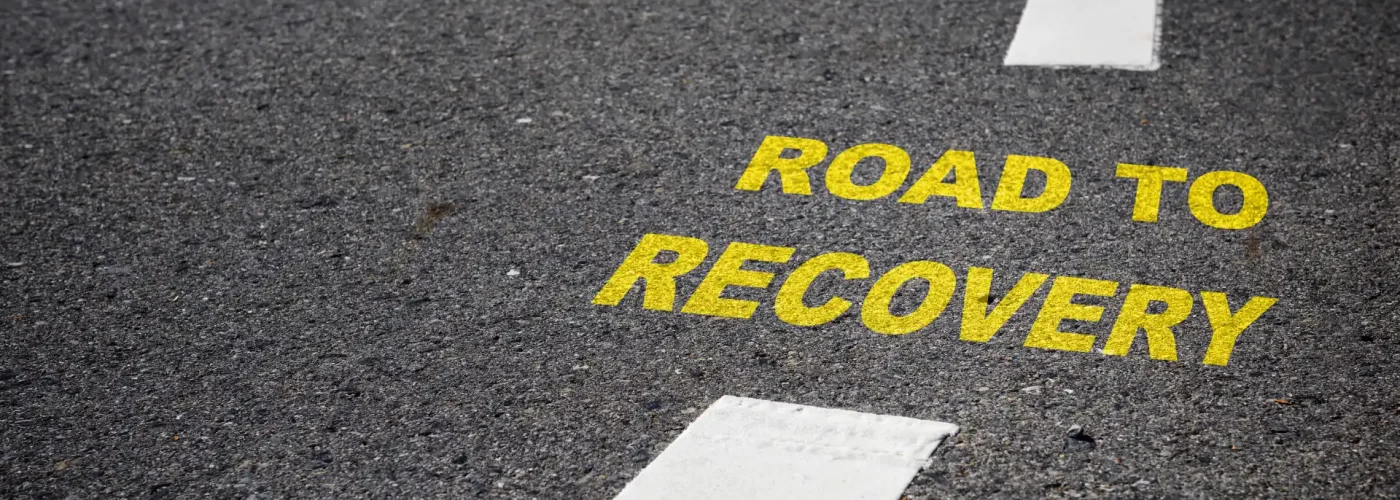I did not notice when it started. At first, I told myself I was just tired. I thought I only needed some rest. I blamed work. I said, “It’s just stress.” But slowly, my days began to change.
I stopped answering texts. I stayed in bed longer. I lost track of time. Somewhere along the way, I lost myself.
Every morning, I asked the same question: Why can’t I go back to normal? I used to feel strong. I used to have dreams and energy. But suddenly, brushing my teeth felt like climbing a mountain.
I would sit on the edge of my bed, frozen. I told myself to move. But nothing inside me would listen. Have you ever felt that way—stuck inside your own body?
That is what happens when depression becomes debilitating. It doesn’t crash all at once. It sneaks in quietly. Then one day, you don’t even recognize yourself.
I thought maybe I was weak. But I learned the truth. I was not weak—I was unwell.
The hardest part was pretending I was fine. On the outside, I smiled. On the inside, I drowned. I kept asking myself: Is there still a way back? Can I ever reclaim my life?
Those questions became the start of my journey toward healing.
Why Does Depression Become So Debilitating?
Depression is not just sadness. It changes how the brain works. But how exactly does it do that?
A group led by Roselinde H. Kaiser answered this question. They studied brain scans. Not just one or two but 27 brain studies, which included more than 500 people with depression and 500 people without depression.
What did they find?
People with depression had weak connections in the “control network.” This network helps us focus and manage emotions. When it weakens, is it harder to handle feelings? Yes.
They also found stronger connections in the “default network.” This network makes us think inward. It pulls us into self-focused thoughts. Could this be why we get stuck in painful loops?
The study also showed poor links between emotion centers and control centers. Does this mean the brain cannot calm itself? That matches my experience. My thoughts circled nonstop. My focus slipped away. I could not break free.
So, why does depression feel so debilitating? Because it rewires the brain. It pulls us inward and makes us lose balance. That means depression is not about weakness. It’s about real, measurable changes in the brain.
How to Cope When Depression Is Debilitating
When depression takes over, even small actions feel impossible. But can small steps really help?
Researchers in the UK wanted to know. Richards and colleagues conducted one of the largest trials ever. They studied more than 400 adults with major depression.
The first half received behavioral activation (BA) given by junior workers. And the other half received cognitive behavioral therapy (CBT) given by highly trained therapists. Which one would work better?
After one year, both groups improved the same. BA worked just as well as CBT. Could a simple, low-cost therapy match the “gold standard”? Yes.
It gave me hope. If BA could help so many people, maybe I could start small, too. So, I tried tiny steps. A short walk. Reading one page. Calling a friend for two minutes. Was it enough to cure me? Not right away. But it gave me momentum.
Healing did not require giant leaps. It began with one brave step.
At Alter Behavioral Health, these proven methods shape care. They show us we do not need to climb the whole mountain in one day. We just need to take the first step.
Why Is Daily Life Impossible When Depressed?
Depression is not only about mood. It changes the body, too. But how?
Researchers like Goldsmith et al. (2023) reviewed many brain imaging and medical studies. They focused on inflammation. Inflammation occurs when the immune system stays too active. Normally, it helps us fight illness. But what happens when it stays high for too long?
The review found that inflammation disrupts brain circuits. These circuits control energy, motivation, and focus. It also affects how we handle fear and stress. Could this explain why we feel so tired even without effort? Yes.
The study found a link between high inflammation and fatigue, brain fog, and loss of drive. It even predicted a slower recovery for some people.
I felt this in my own life. Laundry piled up. Cooking felt impossible. I thought I was lazy. But was it really laziness? Or was my brain under attack by hidden inflammation?
Learning this gave me relief. Depression was not just in my head. It was also in my body.
At Alter, treatment honors this truth. Care addresses both the brain and the body. That gives people real paths back to energy.
How Debilitating Depression Affects Everyday Functioning
Depression is not rare. The World Health Organization says 280 million people live with it. That is about 5% of all adults worldwide. More than 10% of new mothers face it, too.
But what does this mean for daily life?
WHO researchers studied the global toll of depression. They found that it touches every part of life. Work. School. Relationships. Even self-care. Depression can take it all.
Can you imagine losing 12 billion workdays every year? That is what depression costs the world. The financial loss is almost one trillion dollars.
But the damage is not just money. Depression raises the risk for heart disease, cancer, and suicide. How can someone manage daily life when even breathing feels heavy?
I felt it, too. My days blurred. Dishes stayed dirty. Messages went unanswered. I didn’t feel lazy—I felt trapped.
The WHO data showed me I was not alone. Millions lose control of their daily lives because of depression.
At Alter Behavioral Health, care focuses on restoring dignity. That means routines—sleep, meals, and one daily task. Step by step, life became possible again.
How to Seek Help When Depression Is Debilitating
Getting help can change everything. But what kind of help works best?
A 2021 meta-analysis in JAMA Psychiatry answered this question. Researchers looked at 17 clinical trials with 2,283 patients. They studied what happens when people add therapy after medication.
The results were powerful. Adding therapy lowered relapse risk by 16%. That means fewer people fell back into depression. Why is that important? Because relapse is common. Many improve with medication, but then slide back again. Could therapy keep healing steadily? Yes.
I asked myself that, too. Calling a therapist scared me. But once I did, I felt seen. Science showed me I wasn’t just hoping—I was following evidence. Healing was not only about pills. It was also about building skills.
At Alter, this combined care is central. Medication calms symptoms. Therapy builds resilience. Together, they keep people well. Recovery is not just about getting better. It’s about staying better.
Why Depression Feels Completely Debilitating Sometimes
Depression does not touch one part of life. It floods everything at once. Why does it feel so heavy?
A 2024 review by Lulu Cui et al. studied this very question. They examined many theories of depression. Brain chemistry. Stress hormones. Inflammation. Even body-wide effects. They found no single cause could explain it all.
Instead, depression works like a web. It pulls on sleep, appetite, energy, and thoughts all at once. One day, you can’t sleep. Next, you can’t eat. Even memory and focus break down.
Does that sound familiar? It did to me. My body ached. My mind raced. I felt trapped inside myself.
The review also revealed progress. Scientists are exploring new treatments like phototherapy, acupuncture, and multitarget medicines. Some are already approved. Others show promise in trials. That means depression is not only known—it’s treatable in new ways.
Alter recognizes that complexity. Their care treats the whole person, not just symptoms. Science confirmed my collapse was not my fault. It had a name. It had an explanation. And it had a path forward.
Rising Through the Fog
Depression tried to steal my life. My focus. My joy. My purpose. But science, small steps, and care helped me rise again.
When depression is debilitating, healing feels impossible. But it is possible with the right help.
Alter Behavioral Health blends kindness with science. Their programs provide structure, care, and hope. You don’t have to carry this alone. Reach out today. Begin your journey back to yourself.
FAQs About Debilitating Depression
What does it mean when depression is debilitating?
It implies depression makes daily life very hard.
Why does depression become so debilitating?
It rewires the brain and disrupts emotions.
How to cope when depression is debilitating?
Start small. Take simple actions like walks or short calls.
Why is daily life impossible when depressed?
Because inflammation and brain changes drain energy and focus.
How does debilitating depression affect everyday functioning?
It disrupts work, school, self-care, and relationships.
Why is motivation lost when depression is debilitating?
Depression blocks reward pathways in the brain.
How to seek help when depression is debilitating?
Combine therapy and medication to prevent relapse.
Why does depression feel completely debilitating sometimes?
Because it touches sleep, appetite, thoughts, and emotions at once.
Can debilitating depression be treated?
Yes. Science shows therapy and care bring recovery.
Where can I find help for debilitating depression?
Alter Behavioral Health offers compassionate, evidence-based care.



